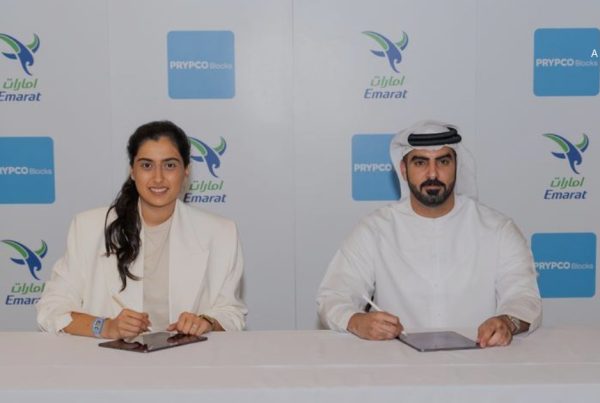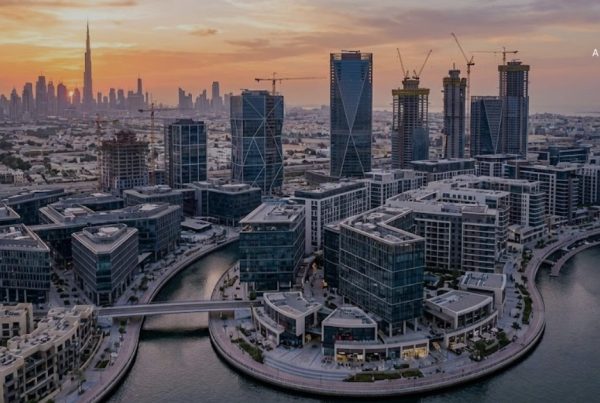Wealthy Indians to Invest $20 Billion Abroad with UAE Real Estate at the Forefront
India’s affluent investors are accelerating their overseas investment strategies, with the UAE emerging as a leading destination for capital flows. According to Amit Goenka, Chairman and Managing Director of Nisus Finance, wealthy Indians could channel as much as $20 billion annually into overseas markets, with Dubai and Abu Dhabi real estate at the top of the list. This comes after the Reserve Bank of India (RBI) eased rules under the Foreign Exchange Management Act (FEMA), allowing greater flexibility for Overseas Direct Investment (ODI) and Overseas Portfolio Investment (OPI).
RBI’s Liberalised Framework
The revised framework allows Indian entities to invest up to 400% of their net worth abroad through the Automatic Route without prior RBI approval. This covers equity, loans, and guarantees, broadening the spectrum of outbound capital. As a result, India’s overseas investments jumped nearly 68% in FY2024–25 to $41.6 billion, while outward remittances under the Liberalised Remittance Scheme (LRS) reached a record $29 billion between April 2023 and February 2024.
Why the UAE Is a Natural Magnet
The UAE’s property sector, valued at nearly $680 billion, recorded transactions worth Dh761 billion ($207 billion) in 2024 — a 36% year-on-year rise in volume and 20% in value. Dubai alone attracted 110,000 new investors, reflecting its status as a global hub for long-term real estate growth. Prime locations like Jumeirah Village Circle, Al Furjan, and Dubai Marina continue to see heavy demand, supported by top developers such as Emaar, Damac, and Sobha Realty.
Bridging the Funding Gap
Despite strong demand, analysts note a $100 billion annual funding gap in UAE real estate, with traditional capital covering just 30%. The remaining 70% offers significant opportunities for private equity, structured credit, and alternative investments. Nisus Finance, through its NiFCO fund, is already targeting affordable housing projects in growth corridors such as Jumeirah Village Circle and Al Furjan, where nearly 95% of new development is concentrated.
Tokenisation and PropTech Innovation
The Dubai Land Department (DLD) is piloting real estate tokenisation, with a goal of enabling Dh60 billion in digital property transactions by 2033. Globally, Boston Consulting Group projects tokenised assets to reach $16 trillion by 2030. For Indian investors, tokenisation offers a modern pathway into fractional ownership and enhanced liquidity. Nisus Finance is also integrating PropTech, blockchain, and AI into its investment strategies, aligning with this digital transformation.
Wider Shifts in Capital Flows
The UAE’s appeal extends beyond real estate. Geopolitical shifts are driving global manufacturers and investors to the Gulf, with Dubai and Abu Dhabi offering incentives such as single-window clearances and financing. Vision 2040, which targets a population increase from 10 million to 13.6 million, further underpins long-term demand for housing, infrastructure, and logistics.
In 2024, more than 4,300 ultra-wealthy Indian families relocated to the UAE, bringing an estimated $5 billion in investable assets. This wave is fueling demand for luxury housing, schools, and business services. At the same time, institutional investors — including sovereign wealth funds, pension funds, and private equity giants like Blackstone and Brookfield — are deepening their footprint in the UAE market.
Outlook for UAE Real Estate
Goenka projects that the UAE’s REIT market, currently valued at $7–8 billion, could expand significantly over the next five to seven years, mirroring growth trends seen in Singapore and the US. Nisus Finance itself is targeting $1 billion in investments through its NiFCO platform and partnerships.
Conclusion
The liberalisation of India’s outbound investment rules is set to unleash a wave of capital into global markets, with the UAE positioned firmly at the center. With record-breaking property transactions, tokenisation pilots, and ambitious population growth strategies, Dubai and Abu Dhabi are likely to remain the preferred destinations for Indian investors. As Goenka summed up: “The opportunity is here, the capital is ready. It’s now about connecting the dots.”










